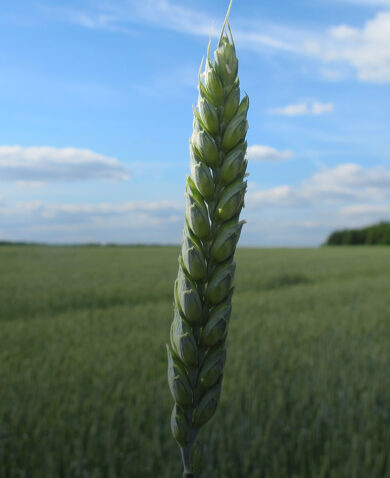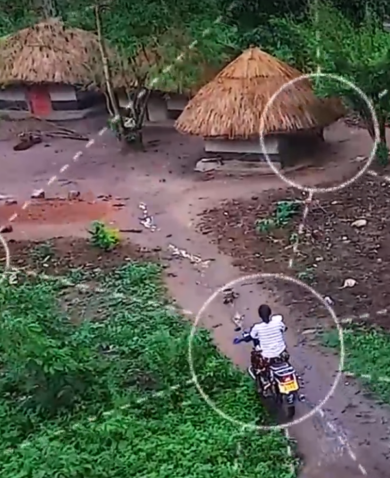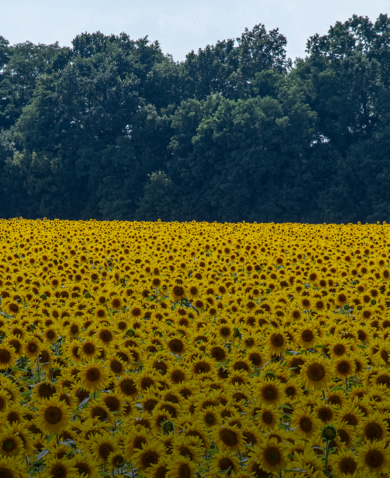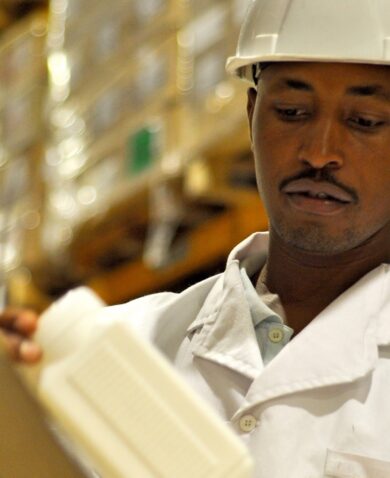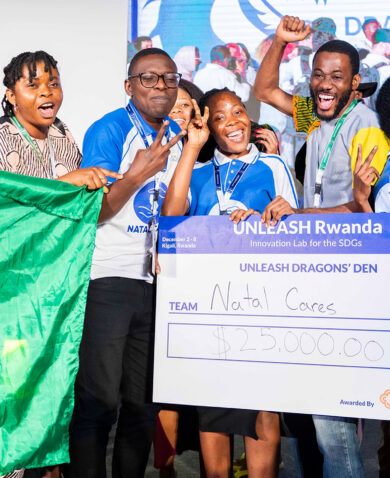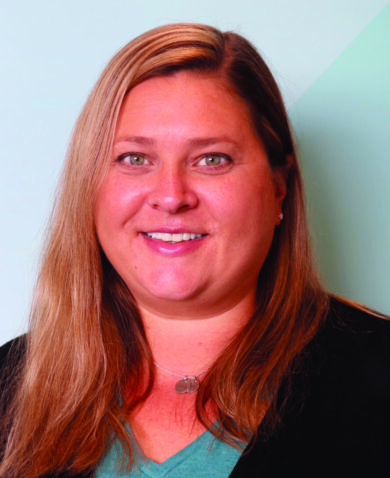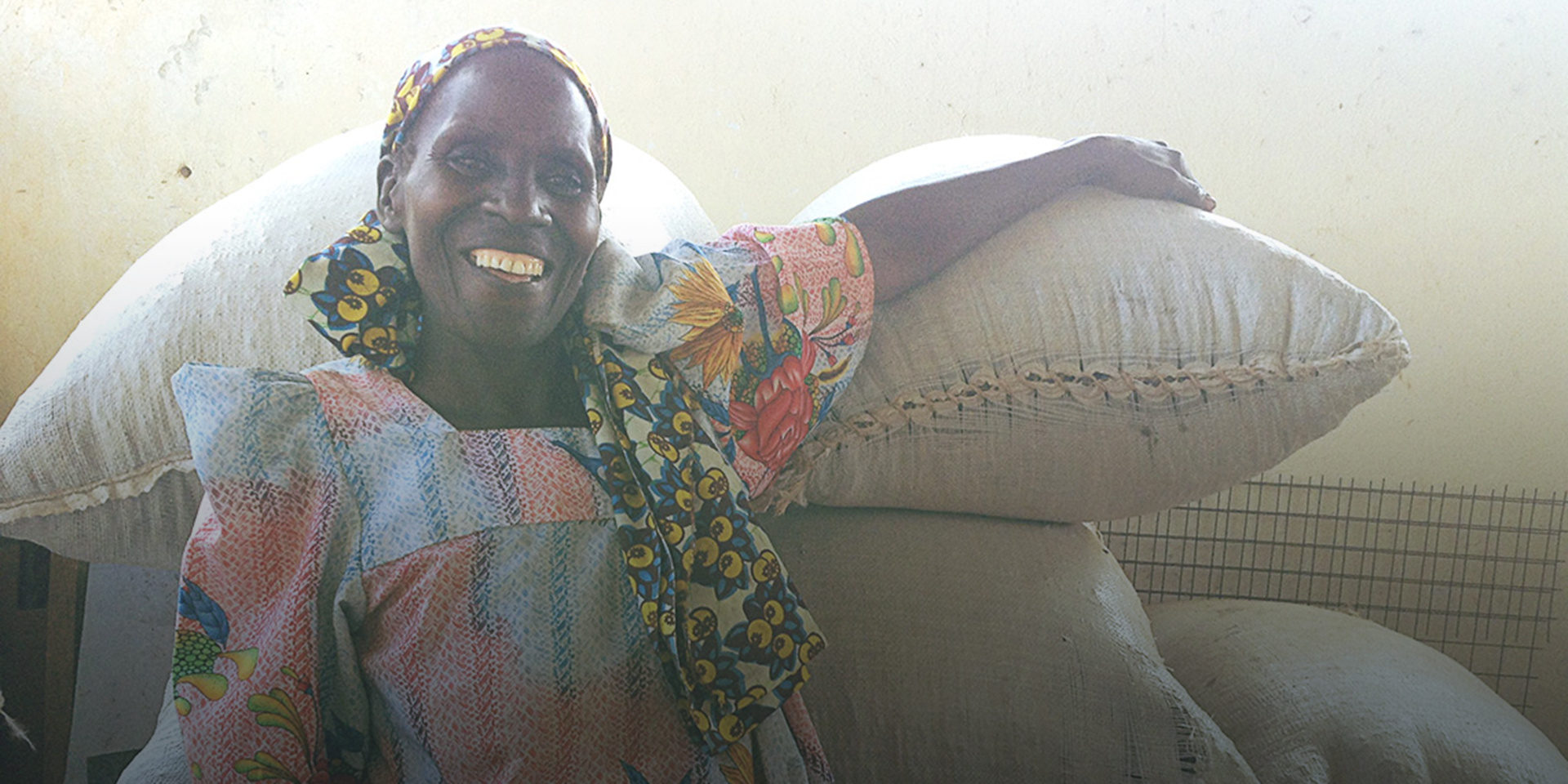
Farmers Around the World Speak Out on the Sustainable Development Goals
September 28, 2015 | 3 Minute ReadHalima, a farmer in Uganda, hopes the Sustainable Development Goals bring increased commitment to investments in agriculture, including low-interest loans for farmers.
When Halima Naiga was seven, she was told she had to leave school. Why? Because her parents did not want to waste money educating girls. When incomes are low, as they are in the rural area of Uganda where Halima is from, education for girls is one of the first things to be cut in the household when money is scarce.
The Sustainable Development Goals (SDGs), which were officially adopted last week, have inclusive education (Goal 4) and the empowerment of women (Goal 5) as two key areas for improvement. Given that roughly 85 per cent of Ugandans earn their livelihood through farming, it is clear that investing in improved agriculture practices will play a crucial role in raising incomes in Uganda and ensuring that girls like Halima have the chance to stay in school.
Halima now has three daughters of her own and is determined to keep them in school. To do this, she is relying on her coffee and banana farm. So what does Halima hope the adoption of the SDGs mean for her farm?
“I hope government will consider giving agricultural loans to us farmers at low interest rates,” she told us. “Cooperatives like ours need this kind of support.”
Halima used to struggle with coffee wilt disease and twig borer beetles which reduced her income, but thanks to a cooperative savings scheme that a Feed the Future initiative has connected her to, Halima was able to buy inputs to help her fight these pests. “The cooperative has been a great source of respite for me,” she comments.
Farmers all over the world face the same challenges that Halima does to keep their farms productive and their families healthy. The global agricultural coalition Farming First asked farmers all over the world this same question as Halima: how can the Sustainable Development Goals help you get what you need?
For Michael Mwangi, a 23-year-old business student from Kenya, the SDGs have the opportunity to make farming a viable business for young people, by making vital information available via SMS.
He and his mother are avid watchers of the educational television program “Shamba Shape Up,” a make-over style TV show that aims to give both farmers featured and audience members the knowledge they need to improve productivity and income on their farms. He has signed up for the free SMS service “iShamba,” provided by Shamba Shape Up that gives farmers access to agricultural experts, to ask questions and get advice.
“iShamba has taught us both a great deal about the effects climate change has on the region, such as erosion, changing weather patterns, drought and desertification through deforestation,” says Michael. “These are all things we knew little about and are not discussed widely among the farming community or government.”
iShamba has taught Michael and his family that making the right investments can pay off. In addition to taking on the goals to end hunger and poverty, the information provided by iShamba also contributes to Goal 8 – to provide full employment and decent jobs for all.
For Annemarie Venegba, a widow from Burkina Faso that heads up a household of 17, the life-changing intervention the SDGs could make is providing drought-tolerant seed, to both combat climate change (Goal 13) and end hunger (Goal 2). “There is no longer enough rain, and the two hectares I have is not enough to feed 17 people in the household,” she told Farming First.
Self Help Africa has been working with farmers in Annmarie’s village, to diversify their food production, establish sustainable on and off-farm small businesses, and assist them to mitigate the effects of global warming. Annmarie’s farmer association received equipment such as wheelbarrows and hoes, and were provided with drought-tolerant cereal seed to help them to help them to increase their yields. A hand-dug well was excavated in the village to provide the group with water for irrigation, and drip-kits were installed to optimize the use of the water. This meant that the farmers were less reliant on rainfall.
Last year Annmarie used the money she earned from her garden to build a new house, and she knows that improved seeds were the key to this. “We need seeds that will grow over a short cycle and do not depend as much on rainfall. If we had crops that would mature and could be harvested after two and a half or three months it would reduce our vulnerability a lot.”
These three farmers illustrate the strides that can be made on several of the SDGs if farmers like them are equipped to succeed. To read all 10 farmer testimonials about the SDGs, visit the collection of stories on the Farming First website.
Yvonne Harz-Pitre is the co-chair of Farming First, a multi-stakeholder coalition of than 170 organizations operating around the world. The coalition exists to articulate, endorse, and promote practical, actionable programs and activities to further sustainable agricultural development worldwide.






